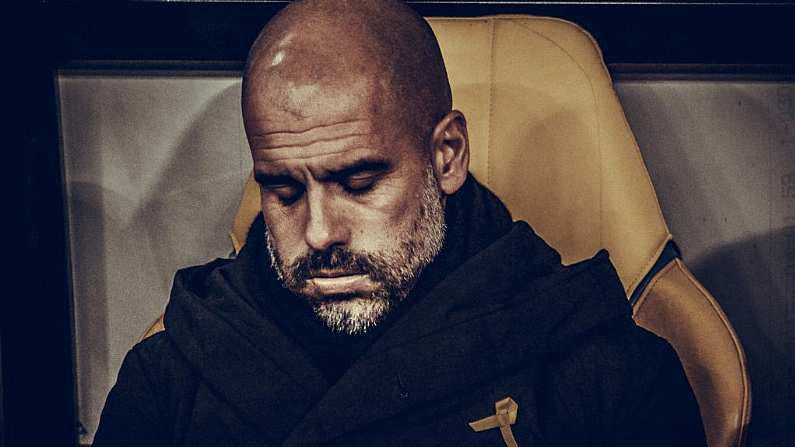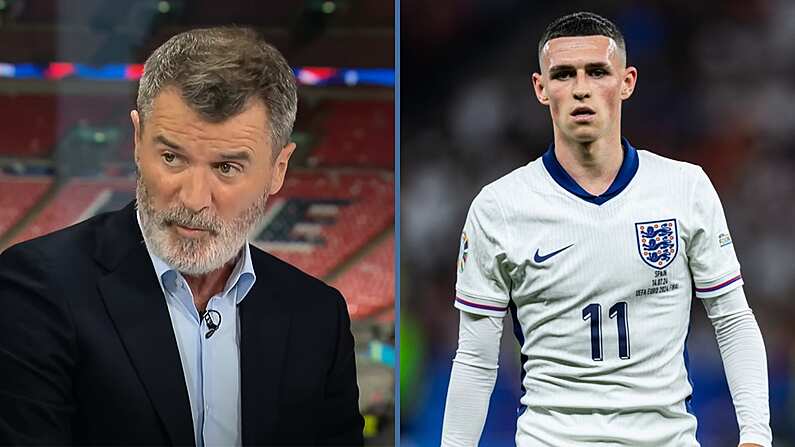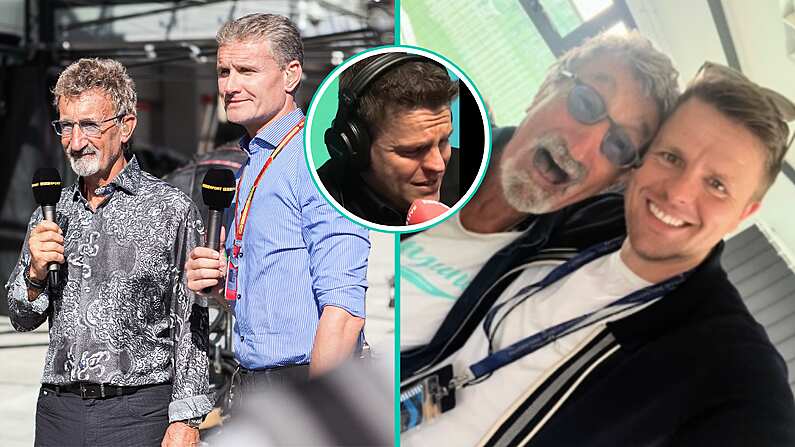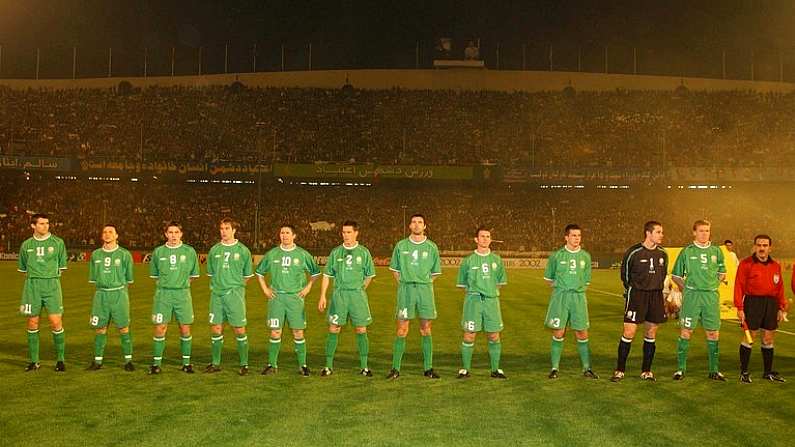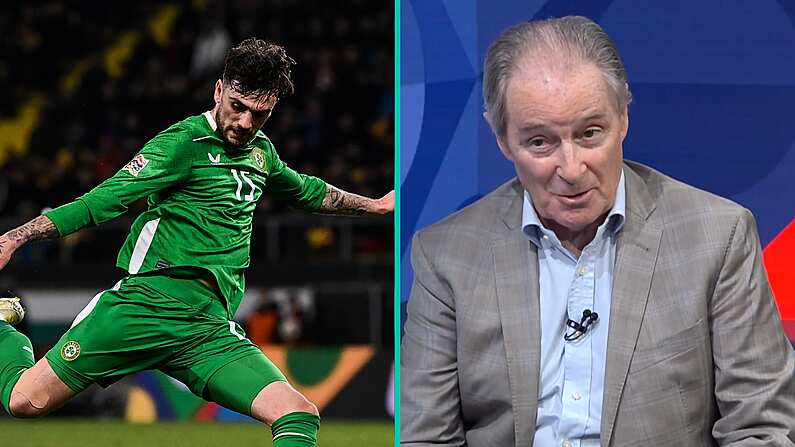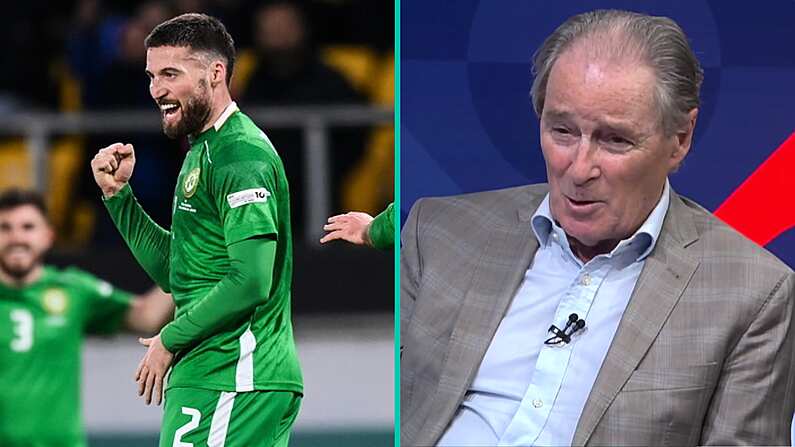As congratulatory messages greeted Arsene Wenger's reluctant decision to leave Arsenal earlier this afternoon, Manchester City's Pep Guardiola inadvertently offered a context by which to measure the Frenchman's remarkable stamina.
Having wrapped up the Premier League title last weekend, Guardiola's press-conference veered into the territory of deciding what was to happen next.
Guardiola, like Wenger before this morning's announcement, is facing into the final season of a three-year deal with the club. While the former Barcelona and Bayern Munich manager appears content to remain at City for the immediate future, Guardiola did hint at the inevitability of his departure:
We’ll speak to the club at the end of the season. I have one more year - I am going to be here. We have to see what they think of the future. It also depends on my energy.
Now I feel good. We’ll speak with Ferran Soriano, Txiki Begiristain and Khaldoon al Mubarak. At the moment I’m okay. It will change a lot. At the moment everyone is happy.
We won the title, but you can lose that feeling. I’ve an amazing group of guys, but you can lose it, it can drop.
We have to see how the players are after winning, now it’s good - but football can change in nothing. In these five games we’ll see how we react to the success. It’s a good test.
Perhaps the chastening experience of City's Champions League exit, or their inability to see out a memorable title-decider against Manchester United, has informed Guardiola's maudlin attitude.
Since securing an impressive treble in his first season with Barcelona, Guardiola has scarcely had to concern himself with external forces having a say on his future; it has largely been in his own hands.
Whatever of the 'lost week' that marred City's procession to the title, his influence is as impressive as it has been decisive in determining the identity of this season's outstanding team.
Although his ability to inculcate this team to the rhythm he requires was temporarily up for question after a less than flawless first season, it is not an unreasonable to draw a likeness between Guardiola's City and last man who had had this kind of effect on the English top-flight.
What remains unclear is why Guardiola so openly contemplates the decision of leaving it behind him just as things appear to be getting started?
The answer may well lie in the ignominious exit that awaited Arsene Wenger; irrespective of his standing within the club that deemed him expendable.
Although longevity the like of which Wenger or Alex Ferguson embody is rarely found, the former Manchester United man surely demonstrates the alternative fate Guardiola could aspire to?
Contributing an introductory chapter to Guillem Balague's Another Way of Winning, Ferguson contemplated the incomparable; Guardiola's departure from Barcelona?
It seems that he reached a point in his coaching career where he was conscious of the importance of his job at Barcelona while experiencing the demands attached to it. I am sure he spent time thinking, 'How long is it going to last? Will I be able to create another title-winning team? Will I be able to create another European Cup-winning team? Can I maintain this level of success?
If I had arrived in time to advise him, I would have told Pep not to worry about it.
So, why? Why would he decide to leave? When you asked me before Pep announced his decision, I did say that it would be silly not to see the job through. If you look at Madrid, who won five European Cups in the late fifties and early sixties, there's no reason to think that he couldn't have done the same with Barca. That to me would be a personal motivation if I had that team. And if I were Pep, leaving would have been the most difficult decision to make.
In reality, Ferguson did find his own motivation in the all-conquering Liverpool.
If Guardiola could make that "most difficult decision" and depart Barcelona, leaving City, one imagines, would require a good deal less. The absence of a tangible, long-term project may play a part in this.
Yet, how could this manager in the rarest of positions, working within a club that is willing to bend entirely to his preferences, providing him with the necessary means and players to achieve whatever he can envisage, comprehend aloud the prospect of leaving?
Allusions toward his own well-being (mentally, as well as physically, no doubt) appear sincere. As Ferguson touched on in his remarks, fear of failure is surely another lingering factor.
This season, City surpassed the moderate best that the rest of the league had to offer. Fragile is not necessarily a term one would associate with Guardiola, yet, one wonders what will happen if next season he finds himself with a more dangerous domestic foe.
Pressure has been found to unsettle him previously, and, although he has created a side that rivals the best England has ever seen, he doesn't quite sound like a man hoping for a lengthy battle - let alone a potentially dirty one.
As one revolutionary was ushered toward the door in mildly embarrassing circumstances, Guardiola appears to have the exit points well and truly marked off.

